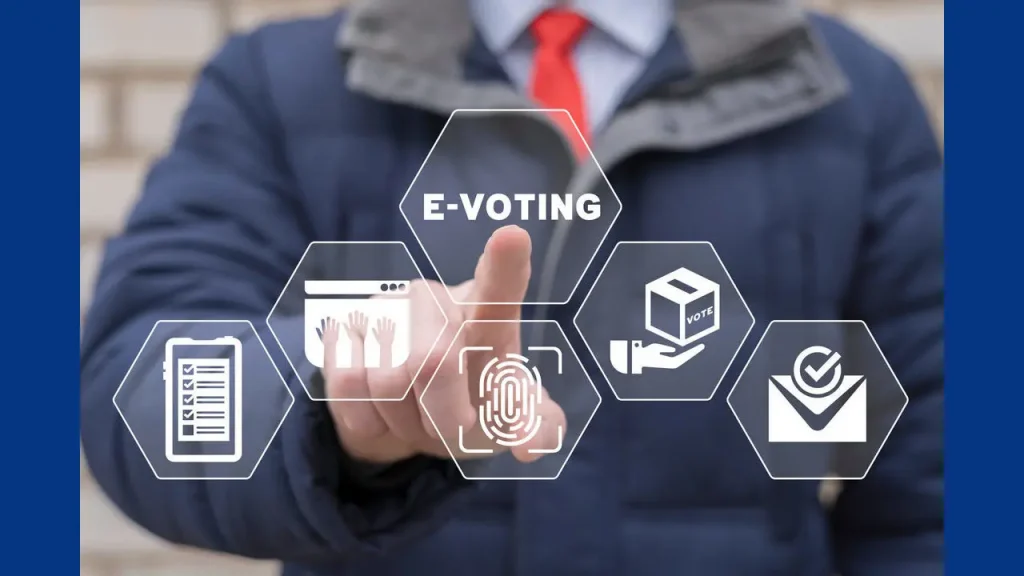- AFRINIC has made improvements in its 2025 election process, but serious security, transparency, and inclusivity concerns remain.
- To ensure secure e-voting for all resource members, AFRINIC must address verification, auditability, and trust — not just adopt technology.
What e-voting setup currently exists at AFRINIC
AFRINIC introduced updated election guidelines for 2025 to improve transparency and accountability. The rules specify that only Resource Members in good standing — those who have paid their fees and fulfilled bylaw obligations — can participate. Each organisation must appoint a Designated Voter Representative and complete ID verification before being added to the final register.
All votes are cast electronically through AFRINIC’s online voting system, operated during the 10–12 September 2025 election window. According to the Internet Service Providers’ Association (ISPA), there was no in-person option this year, making the reliability of the e-voting platform critical. AFRINIC also publishes provisional and final voter lists via the official elections portal, aiming to build confidence in its governance process.
Key challenges threatening truly secure e-voting
Despite these updates, AFRINIC’s election system continues to face significant vulnerabilities. Verification of voter identity remains a challenge: while ID checks and signed forms are required, previous annulments — such as the June 2025 election — highlighted weaknesses in process integrity, even though the proxy votes themselves were valid. Questions persist about whether the e-voting platform, run by VOATZ, provides end-to-end verifiability and protection against manipulation.
Transparency is another major concern. While AFRINIC releases lists of eligible voters, it remains unclear how votes are stored, counted, and audited. There has been little public documentation of cryptographic safeguards or third-party security reviews. In addition, data protection rules under Mauritian law require AFRINIC to ensure that personal data collected for elections is securely handled — something not yet independently confirmed.
Also read: Cloud Innovation supports ICANN’s move to derecognise AFRINIC, calls for successor to be immediately identified
Also read: Who is Eddy Kayihura? The scandalous past of AFRINIC’s former CEO
What AFRINIC must do to ensure security and trust
For AFRINIC to guarantee truly secure e-voting for all resource members, several reforms are essential. Identity verification should go beyond paper forms, introducing digital signatures, two-factor authentication, and possibly independent audit mechanisms. External oversight from neutral observers — for example, the African Union or regional technical bodies — could strengthen confidence and reduce perceptions of bias.
Platform transparency must also improve. The VOATZ system should undergo independent penetration testing, and results should be made public. Publishing anonymised voting logs or technical summaries could help members confirm that their votes were counted accurately. AFRINIC could also expand voter support by ensuring that members in less connected regions can access the platform without bandwidth barriers.
Conclusion: Is it realistically possible?
AFRINIC can achieve secure and inclusive e-voting, but only if reforms match its technological ambitions. The 2025 election represents a step forward in digital participation, yet gaps in verification, transparency, and inclusion still erode confidence. True legitimacy depends on AFRINIC embracing accountability, not just automation.
Until its voting process is fully auditable and independently verified, e-voting risks being seen as another layer of the registry’s broader governance crisis. For Africa’s digital infrastructure to advance under trusted leadership, AFRINIC must rebuild credibility through openness, fairness, and consistent legal compliance.

